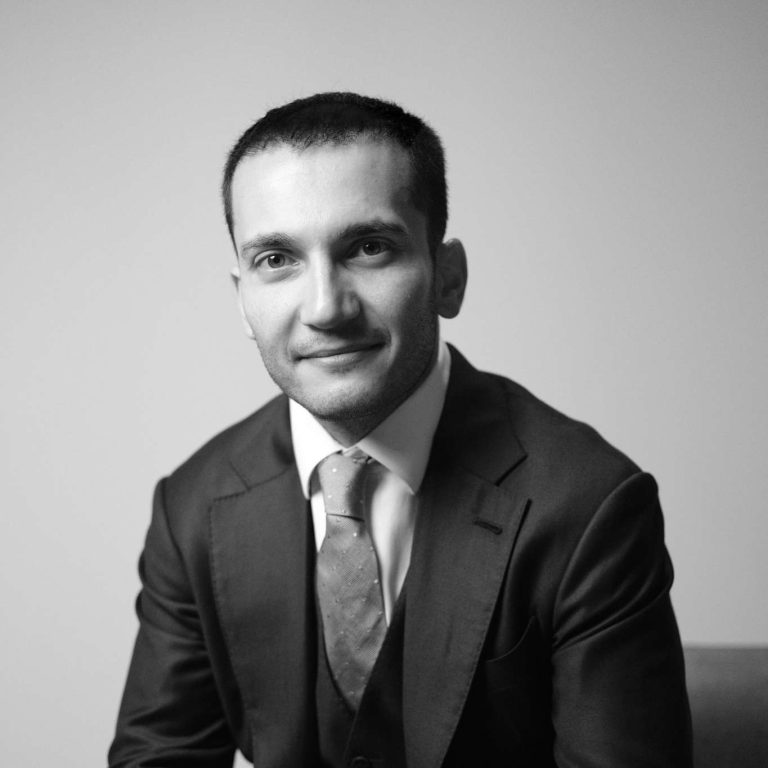

Flagright recently secured $4.3m in seed funding to fuel product development and expand its global presence. Central to this growth is its AI Forensics suite, poised to redefine compliance operations, which is a product line that automates workflows for screening, monitoring, governance, and quality assurance.
Flagright CEO Baran Ozkan said, “Having already demonstrated exceptional results with AI Forensics for Screening, an AI agent that reduces false positives by 93% and decreases alert investigation time by 80%.”
Three more AI agents will debut this year. Monitoring automates alert investigations, explains rule hits, and compiles evidence. Governance manages regulatory changes through automated tracking, assessment, and implementation. Quality Assurance enhances QA with automated sampling, analytics, and data collection.
Flagright is also growing its U.S. footprint, adding New York and San Francisco offices to current locations in London, Bangalore, Singapore, and Berlin.
Fighting financial crime
As financial crime evolves, so must the tools to fight it.
Ozkan remarked, “Flagright provides financial institutions with AML compliance and risk management solutions. We equip financial institutions globally with a modern platform that empowers them to be more efficient and effective in combating financial crime while maintaining compliance with the dynamic regulatory requirements.”
The platform features real-time transaction monitoring, customer risk scoring, AML screening, and advanced AI Forensics. These capabilities are enhanced by strategic partnerships and seamless API integration.
What sets Flagright apart? Ozkan highlights four pillars: the fastest industry integration, intuitive AML tools that limit manual work, a full-stack FCC platform, and GenAI capabilities.
Shifting sands
As financial crime becomes more complex, institutions must modernize their approach.
Ozkan believes a shift from reactive to proactive, intelligence-led strategies is essential. As criminals leverage advanced technology, so must financial institutions.
He emphasized the need for agile, AI-powered systems, warning static rule-based models won’t suffice in 2025. Scalable, flexible infrastructure is critical to adapt with changing regulations and business needs.
He added smart tools should free compliance teams from repetitive tasks, allowing them to focus on high-impact work. A unified, real-time view of customer activity and risk is also essential for sound decisions.
FinCrime challenges
The FinCrime space is growing. One challenge, Ozkan says, is navigating complex regulatory landscapes. Varying global regulations can slow innovation.
Criminals are constantly adapting, requiring firms to use AI and ML to uncover subtle patterns. Data quality and integration add further pressure. Real-time detection needs strong infrastructure that supports big data analytics without performance issues.
Another issue is the skills gap. FinCrime requires expertise across data science, cybersecurity, law, and compliance. Ozkan noted the global talent shortage, which impacts innovation and the ability to stand out.
Trust is crucial. “The fincrime space is highly competitive, with many established players offering a range of solutions. Demonstrating real value and reliability is essential to standing out,” said Ozkan. He added that trust depends on validation, audits, and transparency.
Lastly, solutions must balance usability with security. Ozkan remarked, “If the system is too complex for compliance officers to interpret or too cumbersome for end users to work with, organizations may find it hard to gain market traction. Innovations in user experience that do not compromise on security are crucial.”
Keep up with all the latest FinTech news here
Copyright © 2025 FinTech Global
Investors
The following investor(s) were tagged in this article.


